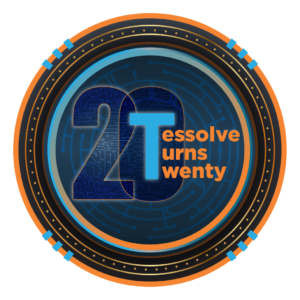| Conference: | Verification Futures 2025 (click here to see full programme) |
| Speaker: | Marius Elvegård |
| Presentation Title: | HDLRegression: A reliable and efficient tool for FPGA regression testing |
| Abstract: | HDLRegression was developed out of the need for a reliable and efficient tool for regression testing of UVVM and other projects. It simplifies and secures the simulation of FPGA testbenches with only a few changes to the testbench—only a single comment line in the testbench entity. This makes it easy to integrate into existing projects without significant adjustments. One of the greatest advantages of HDLRegression is its independence from specific verification frameworks. This means it can be used with UVVM, OSVVM, VUnit, or your own in-house tools, providing maximum flexibility in the testing process. With an increasing number of tests required to verify complex functionality in FPGA designs, the need for an efficient and structured testing tool is greater than ever. HDLRegression addresses this by enabling efficient execution of customizable test cases and by building a test structure where all run results are easily accessible. HDLRegression is developed to meet the need for reliable and efficient regression testing, improve the testing processes, reduce complexity, and increase reliability in FPGA projects. |
| Speaker Bio: | Marius is an enthusiastic and passionate FPGA expert with a specialized focus on verification, FPGA design, and embedded systems. With a background in microelectronics from the Department of Physics at the University of Oslo, Marius has a deep understanding of complex electronic systems and methods. Currently, he serves as Discipline Lead for Digital at Inventas, where he leads the FPGA group in Eastern Norway and is Site Leader in Asker. Marius is actively involved in the design and development of UVVM and HDLRegression, as well as representing Inventas on the UVVM steering committee. He is dedicated to advancing verification methods and works on pioneering FPGA space projects, contributing both to technical innovation and to educating others in verification best practices. His role involves guiding a talented team through projects that demand high technical expertise and cross-disciplinary collaboration. |
| Key Points: |
|


